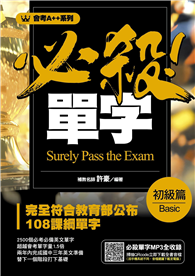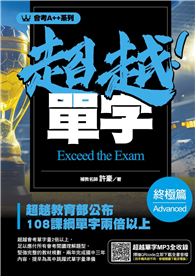The essays in this volume explore the myriad ways in which caste (varna and jati) has been theorized and critiqued in multiple philosophical, religious, logical and narrative traditions in India. Spanning ancient, medieval and modern times, and in diverse classical and vernacular languages, the chapters show how the social fact of caste, and imaginations of kinship, community and humanity were historically subject to epistemological, spiritual, and existential debate in both elite and popular circles in India.
Textual Lives of Caste Across the Ages seeks to bridge the interdisciplinary gap between historians and sociologists by focusing on texts that help us think across the sociological and philosophical, the political and the religious, the epistemological and the aesthetic, and indeed, the elite and the popular. The volume also sets up a conversation between scholars specializing in different regions, archives, and historical periods and demonstrates how caste imaginaries have been deeply diverse and contested in India’s past. Reconstructing these diverse traditions of social and existential criticism helps us in our contemporary struggles against caste hierarchy and untouchability and enriches our contemporary critical repertoire.
| FindBook |
有 1 項符合
Textual Lives of Caste Across the Ages: Hierarchy, Humanity and Equality in Indian History的圖書 |
 |
Textual Lives of Caste Across the Ages: Hierarchy, Humanity and Equality in Indian History 出版社:Bloomsbury Academic 出版日期:2024-11-14 語言:英文 規格:精裝 / 256頁 / 23.39 x 15.6 x 2.54 cm / 普通級/ 初版 |
| 圖書館借閱 |
| 國家圖書館 | 全國圖書書目資訊網 | 國立公共資訊圖書館 | 電子書服務平台 | MetaCat 跨館整合查詢 |
| 臺北市立圖書館 | 新北市立圖書館 | 基隆市公共圖書館 | 桃園市立圖書館 | 新竹縣公共圖書館 |
| 苗栗縣立圖書館 | 臺中市立圖書館 | 彰化縣公共圖書館 | 南投縣文化局 | 雲林縣公共圖書館 |
| 嘉義縣圖書館 | 臺南市立圖書館 | 高雄市立圖書館 | 屏東縣公共圖書館 | 宜蘭縣公共圖書館 |
| 花蓮縣文化局 | 臺東縣文化處 |
|
|
圖書介紹 - 資料來源:博客來 評分:
圖書名稱:Textual Lives of Caste Across the Ages: Hierarchy, Humanity and Equality in Indian History
內容簡介
作者簡介
Prathama Banerjee is Professor at the Centre for the Study of Developing Societies, New Delhi, India. A historian of 19th- and 20th-century India, her research interests include political, intellectual and cultural history. Her most recent book is Elementary Aspects of the Political: Histories from the Global South (Duke University Press, 2020).
|










